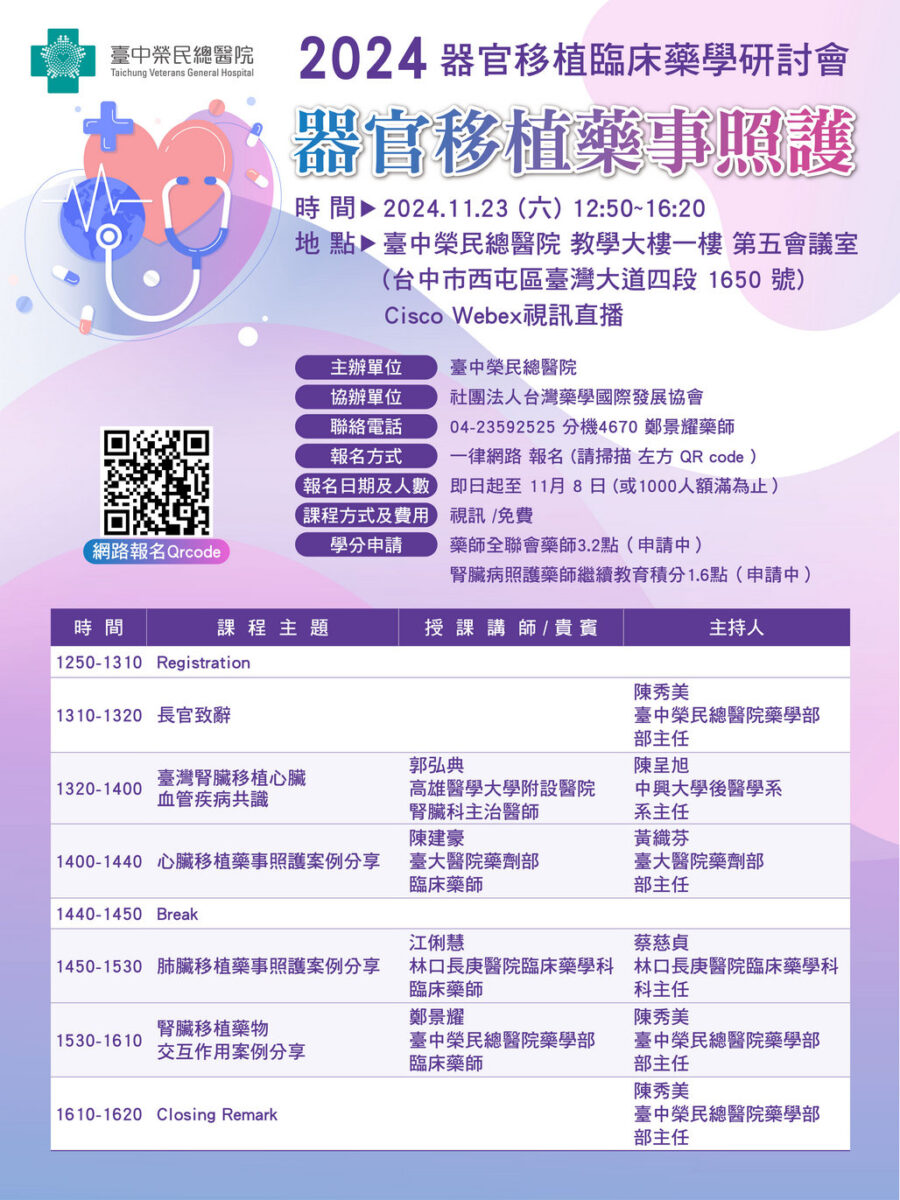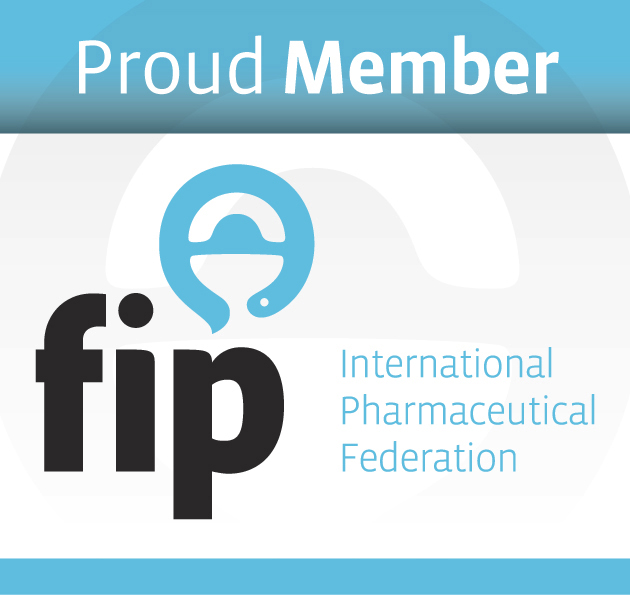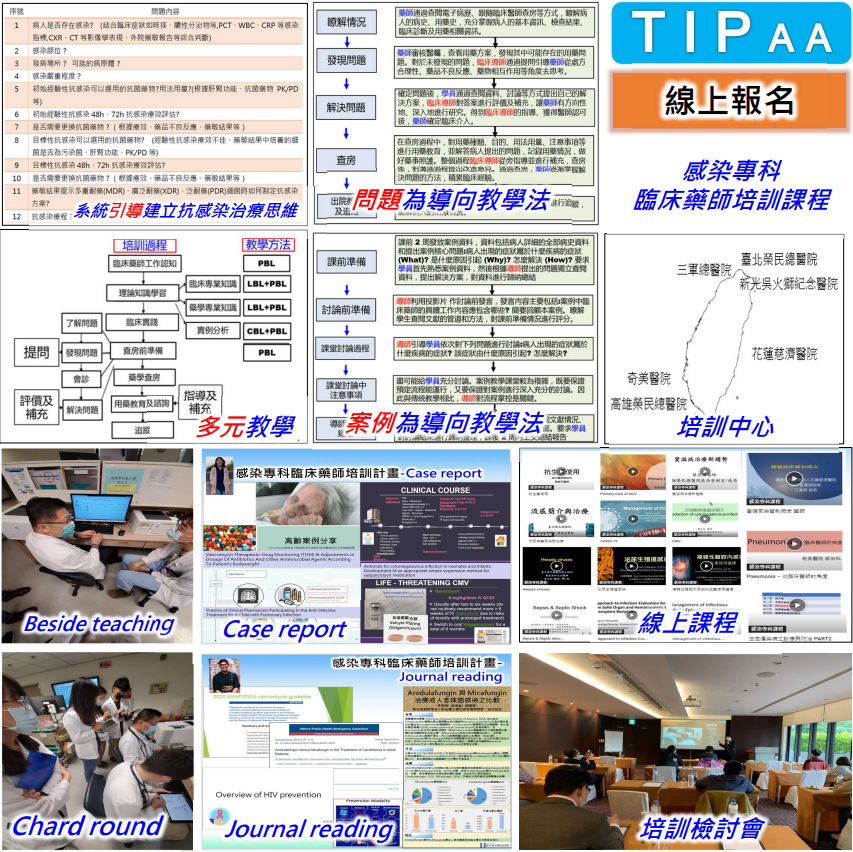Dear Colleague,
The 154th session of the World Health Organization (WHO) Executive Board took place last week. FIP was present at this important meeting in Geneva, Switzerland, advocating for our profession and better health care, and I am pleased to provide our members with this summary of the event and FIP’s actions.

At the opening of the session, WHO director general Tedros Adhanom Ghebreyesus reminded the board of the “Five Ps” (Promoting health, Providing health, Protecting health, Powering health and Performing for health) that lead the WHO’s general programme of work. He also emphasised the importance of strong primary health care as a mechanism to achieve universal health coverage. The majority of the week’s agenda items were organised under three pillars.
1. Universal health coverage
Under a pillar titled “One billion more people benefiting from universal health coverage (UHC)”, agenda items included the draft global action plan for infection prevention and control, the Immunisation Agenda 2030, the End TB strategy, and the road map for neglected tropical diseases (2021-30). These are all areas on which FIP is working through its priority programme of disease prevention. (Find out more here.) There was also an agenda item on accelerating national and global responses to antimicrobial resistance. During the discussion, we reminded ministers that, as frontline healthcare professionals, pharmacists play a crucial role in combatting antimicrobial resistance and we drew attention to our recent policy statement on mitigating AMR through antimicrobial stewardship, which has the support of 156 national pharmacy organisations from over 90 countries. We were an early contributor to the AMR global action plan and agree with the One Health approach to tackling AMR, which requires multisectoral collaboration.
In a constituency statement, we continued to call on ministers to recognise the shift towards primary health care and the funding needed in order to achieve universal health coverage. In addition, we joined with a number of organisations, coordinated by the NCD alliance, to make a statement during discussion of the prevention and control of non-communicable diseases (NCDs). The latest WHO NCD progress report, integrates mental health, neurological conditions and oral diseases as major NCDs and there are plans for a 2025 global status report on cancer. Preparations are under way for a UN High-Level Meeting on NCDs in 2025, and plans are being made to update and extend the current NCD targets.
2. Health emergencies
Discussions under a second pillar, titled “One billion more people better protected from health emergencies” included eradication of poliomyelitis and smallpox as well as the WHO’s work in health emergencies in general. Thanks to work done by FIP and the four other health professions that make up the World Health Professions Alliance (WHPA) to gather data during the COVID-19 pandemic, a new clause has been placed in the WHO’s Pandemic Accord, requiring parties to protect the safety of health professionals in emergencies. This includes ensuring priority access to personal protective equipment. In a statement to the executive board, the WHPA commended governments for retaining in the accord specific language on the continuation of essential health services during pandemic preparedness, response and recovery, and for the focus on health systems strengthening. Together with other healthcare professions, we made it clear that without a properly supported workforce, there can be no robust pandemic response, and no universal health coverage. (The data gathered by the WHPA was published in April 2023 in a report on the extent of the physical and psychological damage done to healthcare professionals during the COVID-19 pandemic because health systems failed to protect them, and a FIP report in August 2023 defined key developments for pandemic preparedness for pharmacy.)
3. Health and well-being
A third pillar framing the programme agenda was “One billion more people enjoying better health and well-being” with health promotion and climate change being key topics. Dr Tedros submitted a report describing the increasing health impacts of climate change and the opportunities to protect and enhance health through climate action. FIP is contributing to these areas through its priority programmes on self-care (find out more here) and sustainability (find out more here).
All the statements made by FIP at this WHO Executive Board, including joint statements, can be accessed here. Alongside the executive board, we had productive meetings with some of our collaborators from the Health Stakeholder Network, such as with the International Federation of Pharmaceutical Manufacturers and Associations regarding potential collaboration in the area of vaccines. There were also meetings with WHO colleagues to discuss ways forward on substandard and falsified medicines and patient safety.
Dr Tedros called 2024 a “defining year for global health” and a “year of opportunity to make the world a healthier, safer, fairer place, and especially a more peaceful place”. Aligned with this, FIP will continue to advocate the value and potential of the pharmacy profession, work with others to achieve our vision, and to keep our members informed on our actions and results.
Best wishes,




























